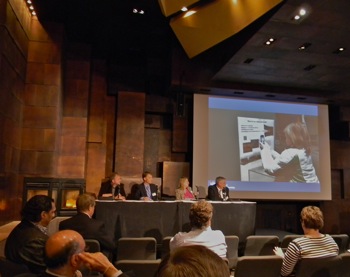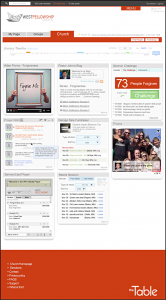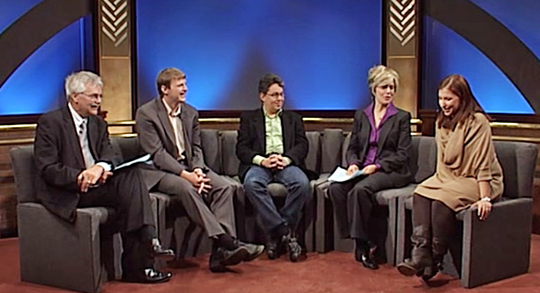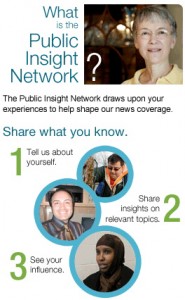 Wikileak’s founder, Julian Assange, made headlines around the world this past week with his presentation on the release of
Wikileak’s founder, Julian Assange, made headlines around the world this past week with his presentation on the release of tens of thousands hundreds of documents (with more to be released) outlining that “Mass interception of entire populations is not only a reality, it is a secret new industry spanning 25 countries.”
So that you are able to stay informed about developments that may positively or negatively impact your application development or personal use of technology, you should know about an emerging global industry focused on mass-scale spying on mobile devices, social media, or other internet-based use and so you are encouraged to view the video below and then visit Wikileaks – The Spy Files.
In case you are ready to immediately dismiss this as a “foreign country” problem and that it wouldn’t or couldn’t affect you or your organization, remember the “inadvertent” collection of U.S. citizen’s communications when domestic warrantless wiretapping ensued. In addition, it has been revealed that in January 2011, the National Security Agency broke ground on a $1.5 billion facility in the Utah desert that is designed to store terabytes of domestic and foreign intelligence data forever and process it for years to come.
While it is an imperative that our government intelligence agencies can stay on top of the exponential explosion in online communications and technologies, we’ve quickly learned this week with the CarrierIQ “rootkit scandal” how much we don’t know about what software is on our devices, how the carriers are using their ability to track our location within a few feet of our mobile phones is being used, and whether or not they are automatically storing ALL of our data with open, non-warrant-based analysis by intelligence agencies.
The flip side of this is another issue, one that certainly justifies U.S. expenditures and an acceleration in intelligence agency capability. It is how the stakes are rising QUICKLY on everything happening in cyberspace. As more and more of us shop online, map our businesses and processes to the web, interact socially online and can instantly (and for free) talk with anyone, anywhere on the planet, ensuring that the bad guys in other countries aren’t able to mass vacuum up our data and use it against us is critical to our national defense.
 Back in September I wrote a post called, “
Back in September I wrote a post called, “ Lerner Publishing
Lerner Publishing




 Every week, people from around the world spend more than 3 billion hours playing video games.
Every week, people from around the world spend more than 3 billion hours playing video games.  The Federal Communications Commission (FCC) just released an 87 page report entitled, “Internet Access Services: Status as of December 31, 2009” (
The Federal Communications Commission (FCC) just released an 87 page report entitled, “Internet Access Services: Status as of December 31, 2009” (




